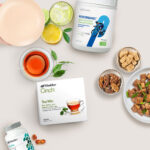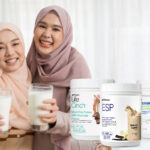Soy Protein: 6 Myths & Facts
SOY PROTEIN: 6 MYTHS & FACTS
Still uncertain whether soy protein is beneficial to your health in long run?
Fret not as we help you to debunk the popular soy myths and learn the truth about soy.
Animal protein is better than soy protein.
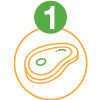
Compared with soy protein, animal-based sources such as red meat or other poultry contain saturated, transfat and cholesterol, and may be more difficult to digest, especially among the elderly. Soy protein is a high-quality source of protein that contains all the essential amino acids and packed with vitamins and minerals.
Soy protein supplement is not necessary. I can get sufficient protein from diet alone.

Most Malaysians do not consume enough protein daily, especially when our diet consists of mainly carbohydrates such as rice and noodles. Besides incorporating protein sources such as meat, fish, eggs, and beans into your diet, it is also advisable to take soy protein as a dietary supplement to fill in your daily gap.
Soy protein makes me fat.
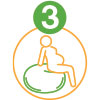
Soy protein promotes longer satiety, resulting in less calorie intake during meals and reduced occurrence of snacking. As a result, it helps to support healthy weight management.1
Soy protein makes men more feminine.

Soy food does not have any effect on testosterone levels in males. It is safe for men to consume soy protein regularly and still maintain their manliness.2
I don’t eat soy because it is all genetically modified.
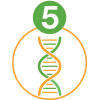
While it is true that most of the global soybean crop is genetically modified, there are still non-GMO soy products available in the market. Read the label before you purchase them.
Most people are allergic to soy.

Soy allergies are rare. In fact, you are five to ten times more likely to be allergic to dairy than soy.3
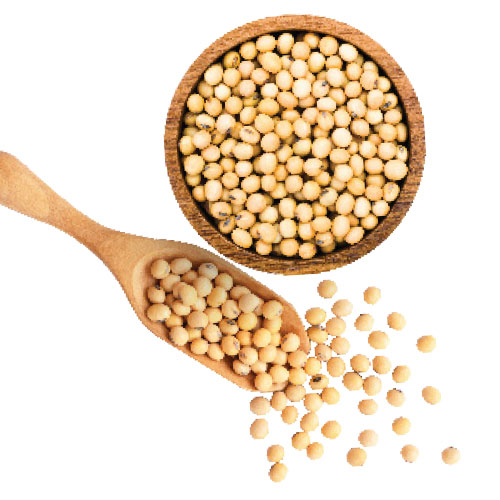

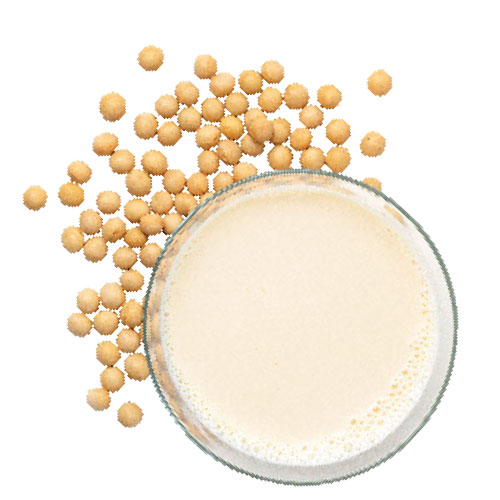
References:
1. Haghighat, N., Ashtary-Larky, D., Bagheri, R., Wong, A., Cheraghloo, N., Moradpour, G., Nordvall, M., Asbaghi, O., Moeinvaziri, N., Amini, M., Sohrabi, Z. and Dutheil, F., 2021. Effects of 6 Months of Soy-Enriched High Protein Compared to Eucaloric Low Protein Snack Replacement on Appetite, Dietary Intake, and Body Composition in Normal-Weight Obese Women: A Randomized Controlled Trial. Nutrients, 13(7), p.2266.
2. Messina, M., 2010. Soybean isoflavone exposure does not have feminizing effects on men: a critical examination of the clinical evidence. Fertility and Sterility, 93(7), pp.2095-2104.
3. Soy Connection by U.S. Soy. 2022. Soy Myths & Facts. [online] Available at: <https://www.soyconnection.com/docs/default-source/brochures/2022_soyconnection_soy-myths-facts.pdf> [Accessed 29 August 2022].






